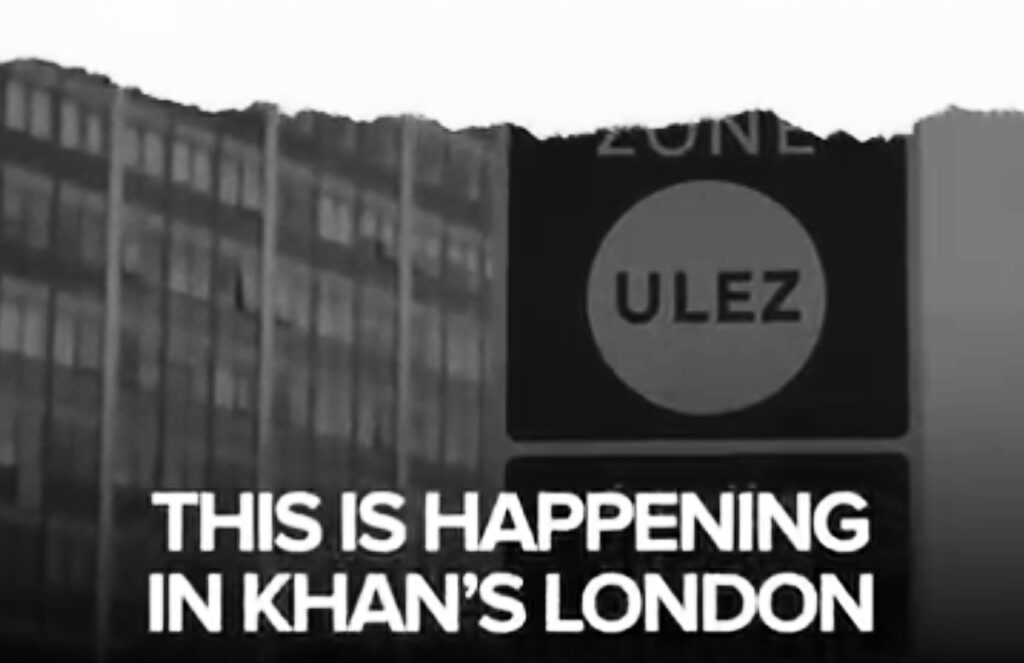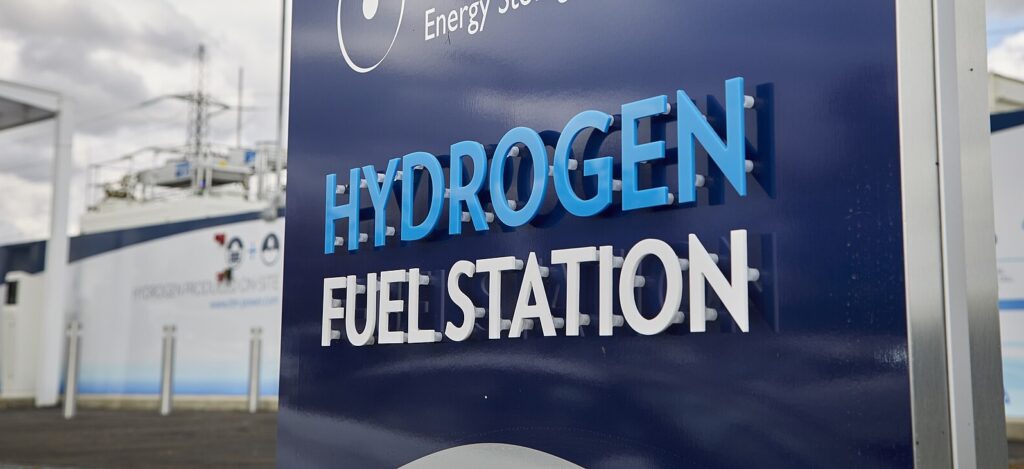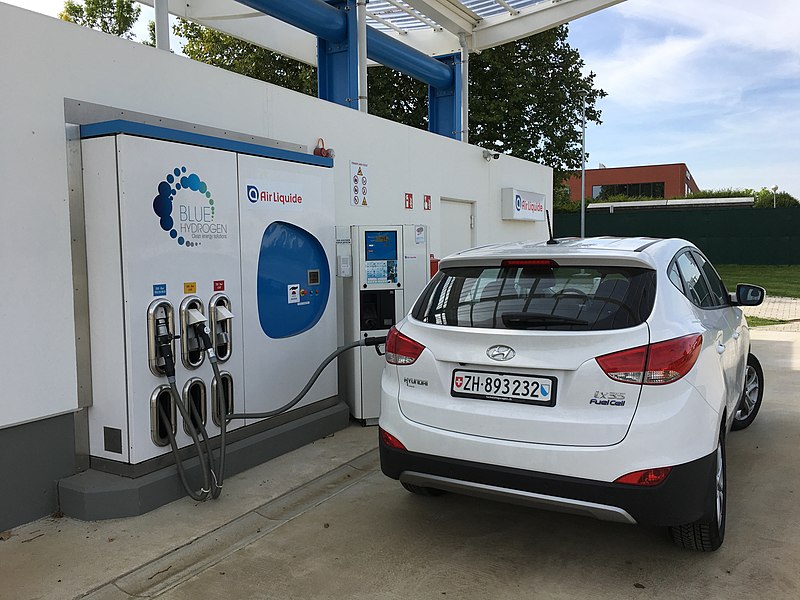Groups with a record of opposing clean air measures in the UK have been leading a backlash against the government’s plans to ban the sale of new petrol and diesel cars from 2030, announced in November.
The policy move is seen as key to achieving the government’s 2050 net zero emissions target, having been recommended by the government’s Committee on Climate Change and environmental organisations, as well as oil giants BP and Shell.
But the ban has faced criticism from transport industry pressure groups and opaquely-funded free-market thinktanks in recent weeks.
Some of the same groups have been working to delay or water down proposed Clean Air Zones, designed to tackle illegal levels of air pollution in a number of cities across the country, as a DeSmog investigation in October showed.
‘Something Stalinist’
Fair Fuel UK, a campaign group focused primarily on maintaining the UK’s 10-year freeze on fuel duty, claimed that ending the sale of new fossil fuel-powered cars and vans would cause drivers’ vehicles to become “worthless”.
The group’s founder Howard Cox said the policy was a “political and economic betrayal of UK’s 37m voters who drive” and could “demonise” petrol and diesel drivers unable to afford the switch to electric vehicles, calling it an “inequitable green revolution”.
Fair Fuel, which receives funding from haulage sector associations Logistics UK and the Road Haulage Association, says on its website that “emotive and dubious air quality claims” are causing vehicles to lose resale value and describes emissions charging zones as being “based on flawed health data”.
Another group opposed to Clean Air Zones, the Alliance of British Drivers, dismissed the “arbitrary” target date as being “based on costly virtue signalling” and said there was “something Stalinist” about the plan.
Its environment spokesperson Paul Biggs called, in response, for the creation of a “new national political party that doesn’t bypass democracy by labelling everything an ‘emergency’ or ‘crisis’ and does not use narrow unchallenged perspectives to provide ‘solutions’”.
The group has frequently cast doubt on the health impacts of air pollution, stating on its website it is “unclear whether NOx [nitrogen oxides] actually has any negative health impacts”.
The ABD has been joined in its criticisms by the UK’s principal climate science denial campaign group, the Global Warming Policy Forum, which published a report arguing that the ban would put a stop to efficiency improvements being made to petrol and diesel cars, undermining emissions reduction efforts.
The report, entitled the “Battery Car Delusion”, was written by Professor Gautam Kalghatgi, a Visiting Professor at Oxford University who spent much of his career working for oil companies Saudi Aramco and Shell.
‘Immense’ cost
Other free-market groups also cast doubt on the policy, with the Institute of Economic Affairs’ Mark Littlewood calling it “yet another regressive, anti-motorist policy” and “authoritarian”. He said the cost of building the necessary charging infrastructure would be “immense” and “borne by the already over-stretched taxpayer”.
The IEA, which has received yearly donations from oil company BP, among other donors, argued instead for “technology-neutral policies” rather than a plan that relied on the “false assumption that the state is best placed to pick winners”.
The Adam Smith Institute has similarly criticised the ban, publishing a blog by its Senior Fellow Tim Ambler that claimed the policy was “based on nonscience published by Public Health England (PHE) in 2018”.
He argued that while there was a need to reduce air pollution in principle, PHE’s research failed to “disentangle causation from correlation” and did not make a “careful consideration of what would have happened without the pollution”.
The groups were joined by commentators with a history of downplaying the science and dangers of climate change.
Breitbart London editor James Delingpole wrote an article arguing that the petrol and diesel ban would force working-class voters from “Red Wall” seats to buy electric vehicles they “could never hope to afford”.
Former Telegraph editor, recently appointed Conservative peer and GWPF trustee Charles Moore said that while climate change was a “huge issue, probably a growing one”, the move to electric cars posed significant problems. He said it would “vastly increase the demand for electricity” and if shale gas is phased out, “green energy becomes nakedly expensive, and consumers have no way out of it”.
“Fuel poverty is one of the great political horrors that politicians seek to avoid. We now have policies which will impose it,” he wrote.
Fellow GWPF affiliate Matt Ridley, an adviser to the group, said the government’s “ten point plan”, which includes the petrol and diesel ban, would stifle innovation and fail to reduce UK emissions significantly.
He wrote in the Telegraph that the larger quantity of emissions created during the production of an electric car than a petrol car meant there would only be a “small saving in emissions over the lifetime of the car”, citing the recently published GWPF report by Professor Kalghatgi.
Auke Hoekstra, an electric vehicle expert at Eindhoven University of Technology in the Netherlands, estimates that an electric car begins to make emissions savings on a petrol car after 16,000 miles.
Additional research by Michaela Herrmann.
Photo credit: Helgi Halldórsson/Wikimedia/CC BY–SA 2.0
Subscribe to our newsletter
Stay up to date with DeSmog news and alerts







